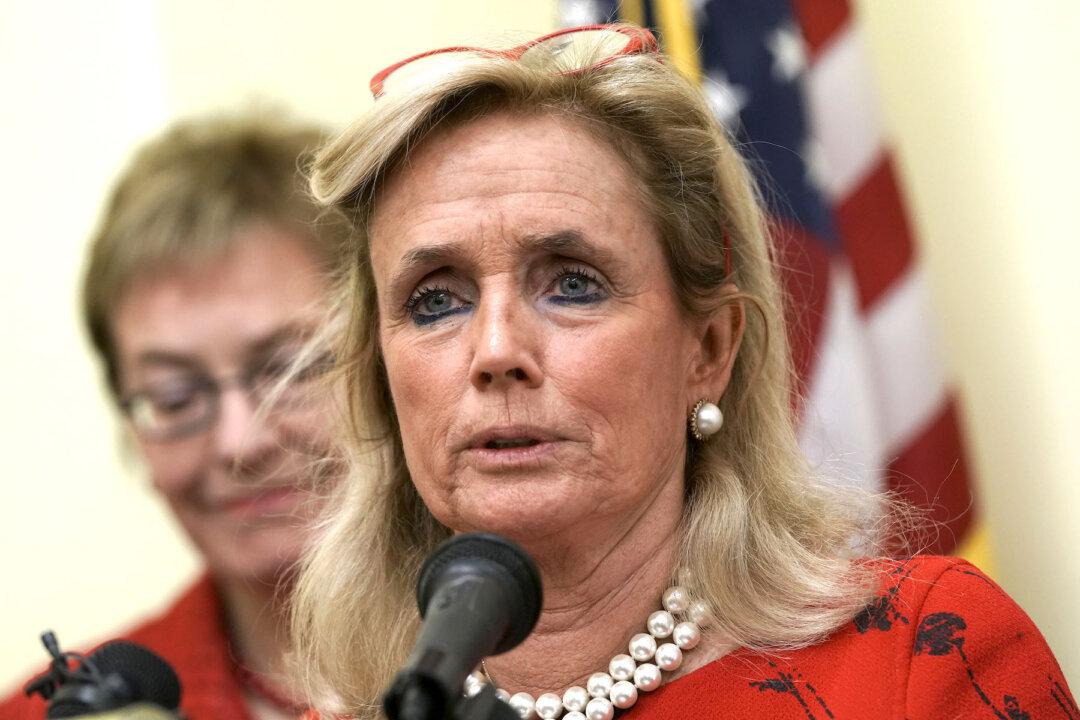Rep. Debbie Dingell (D-Mich.) said she was under “enormous” pressure to support the impeachment inquiry into President Donald Trump.
The House Democratic Senior Whip, who was initially against the inquiry, said on CNN’s “At This Hour” on Oct. 1 that she had changed her stance under what she called an “enormous amount of pressure.”




